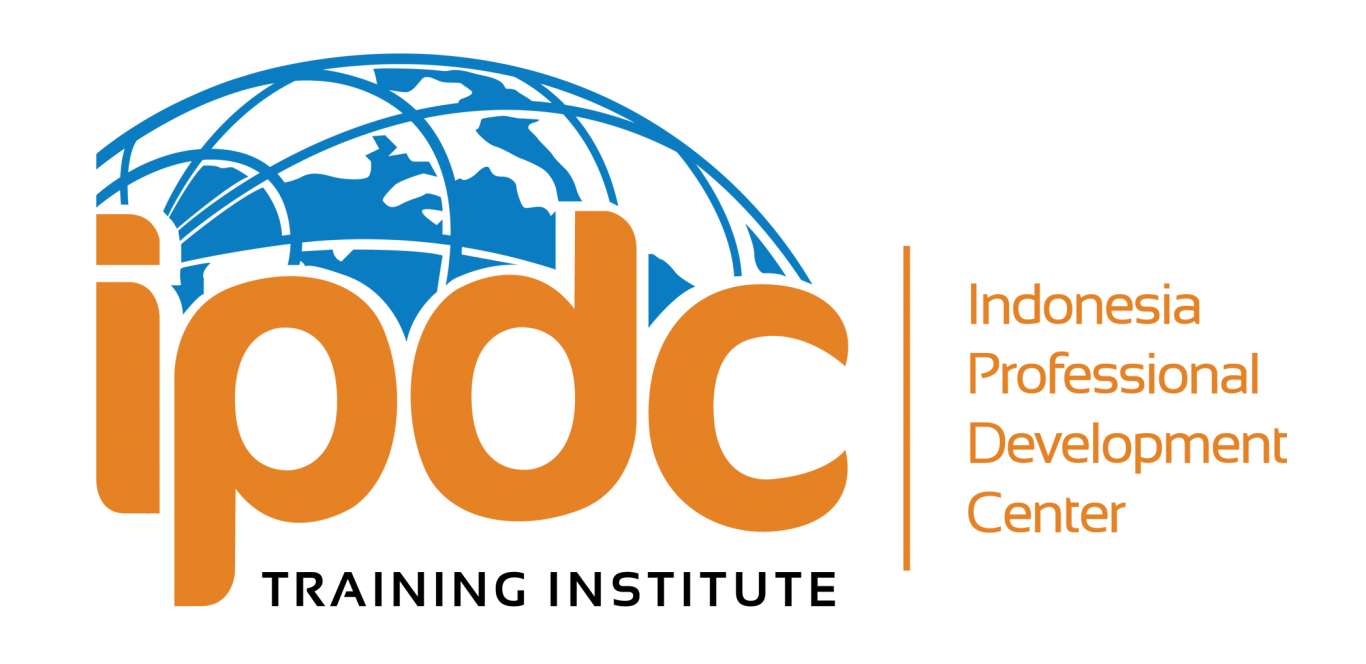Our Upcoming Trainings


Wed, Jan 15
|Indonesia
Applied Reservoir Engineering
In this course, IPDC introduces the key principles of fluid flow, water influx, and advanced recovery (including hydrofracturing).
Time & Location
Jan 15, 2025, 7:00 PM – Jan 17, 2025, 11:00 PM
Indonesia
About The Training
OVERVIEW
The introduction of key principles of fluid flow, water influx, and advanced recovery (including hydrofracturing). Throughout, they present field examples demonstrating the use of material balance and history matching to predict reservoir performance. For the first time, this training relies on Microsoft Excel with VBA to make calculations easier and more intuitive. Proficiency in using Microsoft Excel to perform calculations and make graphs is desirable. Reservoir engineering is also presented in the context of a modern, multi-disciplinary team effort using supporting computer technology. An extensive manual and set of references are included.
OBJECTIVES
By the end of this training course, participants will be able to:
Understand the process of oil and gas reservoirs, with a simple description of geophysical prospecting and geological exploration, including the analysis of the mechanisms involved in the oil and gas reservoir.
Understand the basic principles of calculation of reservoir oil, and gas and the…




















